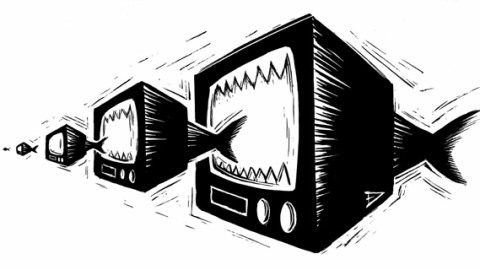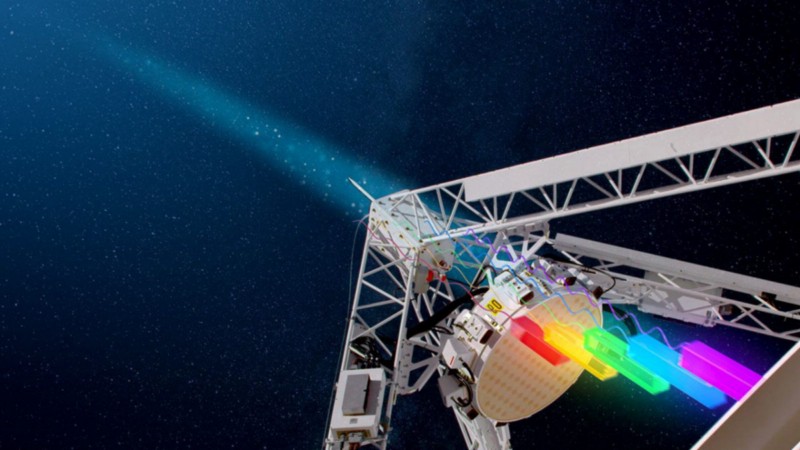We Are All One: Resisting Consolidation

How dangerous can media consolidation get? According to one writer, it can be deadly.
In his book Fighting for Air: The Battle to Control America’s Media, Eric Klinenberg describes how on one night in 2002, a train carrying toxic chemicals derailed outside of Minot, North Dakota, sending a plume of anhydrous ammonia over the town. The police and fire departments had to get an emergency message out to residents to not go outside—the chemical burns the eyes, skin, and lungs, and can shut down the respiratory system. But when residents tuned in to the local radio stations—the established place to turn for emergency information—they just got the regular, pre-programmed music and talk shows. According to Klinenberg, all the non-religious commercial radio stations in town were owned by Clear Channel and operated out of two central offices, and at neither office were the police able to get through to a real person. So residents didn’t get the information, and as a result one man died and over 1,000 people needed medical care in the month after the accident.
As Ars Technica’s Matthew Lasar reports, Clear Channel denies its monopoly of the town’s major radio outlets played a role in the disaster, though their reasoning isn’t too reassuring. They argue that local law enforcement officials weren’t able to automatically interrupt Clear Channel’s broadcasts because of a technical failure. But if there had been actual people manning the boards at the station, maybe that technical failure wouldn’t have stopped all information getting through.
Though it may not be deadly, the possible merger of Comcast and NBC currently under discussion by the FCC threatens to have even wider consequences. Bloomberg Businessweek reports today that the combination of the two companies is already raising eyebrows over “competition and communications policy concerns” and there is an antitrust investigation of the deal currently underway. And as my colleague Peter Rothberg says over at The Nation, “Comcast is the last media company you’d want to get bigger.” If the FCC okays the merger, Rothberg argues, “Comcast—a terrible cable and broadband provider—will become a terrible content provider, absorbing dozens of cable networks and 27 television stations, influencing 200 NBC affiliates and even owning a few theme parks (yes, theme parks).” Comcast would own not only the means of getting content to customers, they’d own the content as well. This level of consolidation wouldn’t only hurt subscribers in terms of cost hikes, it stands to change the actual information that reaches their TVs and computers. And as the Minot disaster shows, the importance of open information flows cannot be overestimated.





